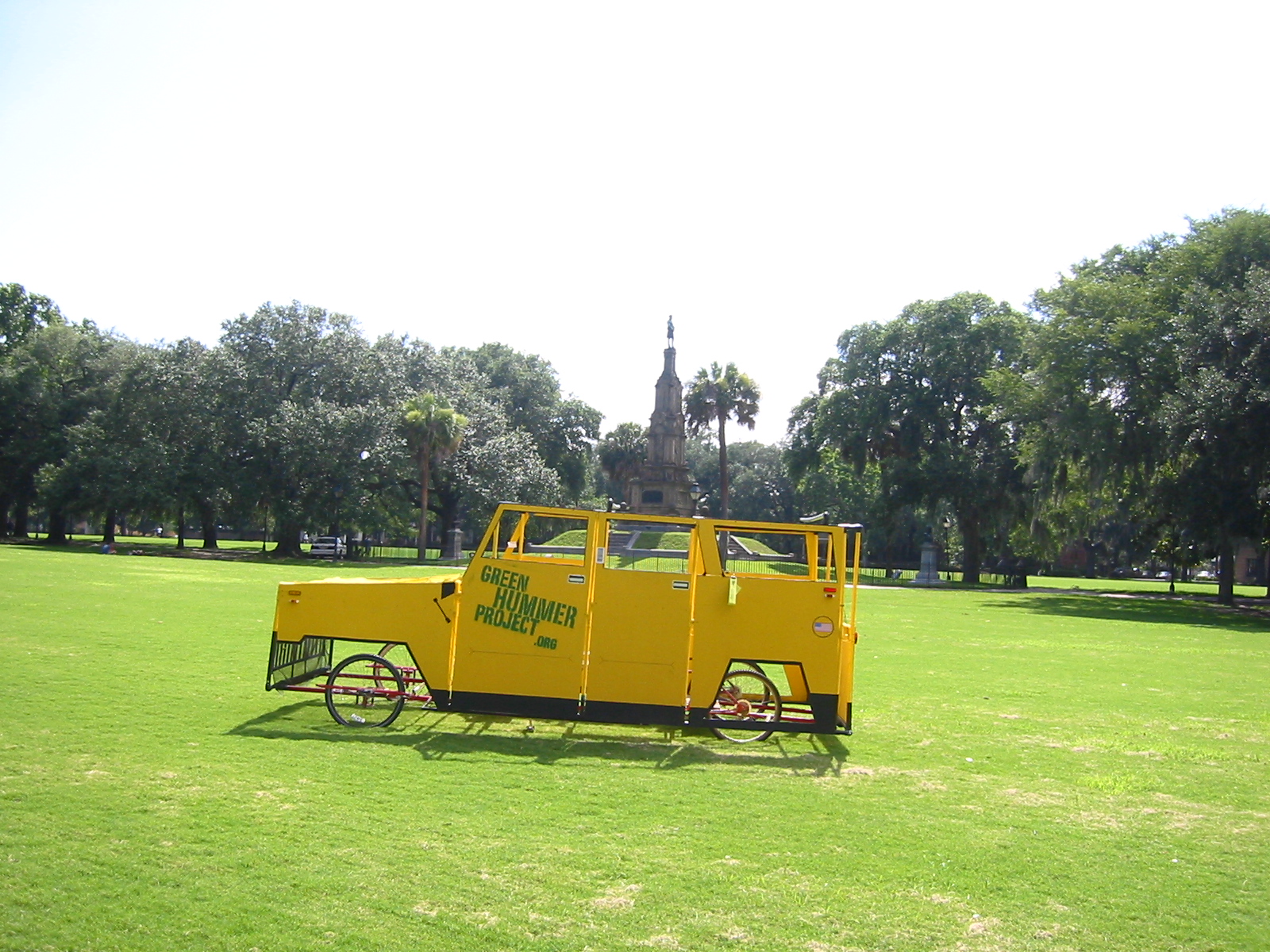
July 25, 2013, by ICCSR
The future of business school teaching: the challenge of sustainability
Programs like the MSc in CSR here at the University of Nottingham have played an important role in ensuring that citizens are well equipped to understand ethical considerations in navigating complex and often contradictory demands from business and society. The main aim has been to ensure that natural resources and societal stakeholders are taken into consideration in corporate decision making, treated fairly, and compensated for damages. This was, and still is, an important and admirable role. However, the environmental destruction following the economic growth has not fully been accounted for in considering the environmental boundaries of the planet. There are clear limits to the damage we can impose on the environmental systems in forms of, for example, climate change, ocean acidification, land use, freshwater use, and pollution, without risking satisfying our most basic human needs. Our current emphasis on becoming less unsustainable is still pushing these boundaries. Being less unsustainable is not the same thing as being sustainable.
Sustainability challenges the hierarchy of our thinking in business school. Sustainability places the environment in the centre, not the economy, or even society. While the market has a role to play and human ingenuity could help, the best responses to numerous of current environmental crises, such as, biodiversity loss, ocean acidification and climate change, would be to leave these environmental systems alone, not influencing them. However, with increasing world population and affluence, this solution is not imaginable. So, how can we re-imagine a business school where economics, or even human beings, are not in the centre of decision making?
This type of question provokes numerous challenges in understanding societies’, business schools’ and our individual roles in meeting the demands of the environmental systems, that is, actually being sustainable. We need to re-imagine the hierarchies, where nature, rather than the economy or society, sets the boundaries for what is doable and desirable. We need to re-imagine production and consumption, where relations between us and society as well as us and nature are not based on consumptions of natural resources. And, we need to re-imagine the role of the business schools in managing the unmanageable. The environmental crises have clearly illustrated that we cannot ‘manage’ the environment, we need to build new relations based on new verbs, where human mastery of nature is not taken for granted.
The role of business schools would then be to understand the limits to growth, how to let the environment ‘manage’ the market, provide meaning to identity projects and relations that are not based on material consumption, and develop truly sustainable businesses. Less unsustainable is not sustainable. Are we up for the challenge?
By Daniel Nyberg
Professor of Sustainability
Image by the greenhummerproject reproduced under creative commons (CC BY-NC 2.0) http://www.flickr.com/photos/greenhummerproject/129240206/
No comments yet, fill out a comment to be the first

Leave a Reply